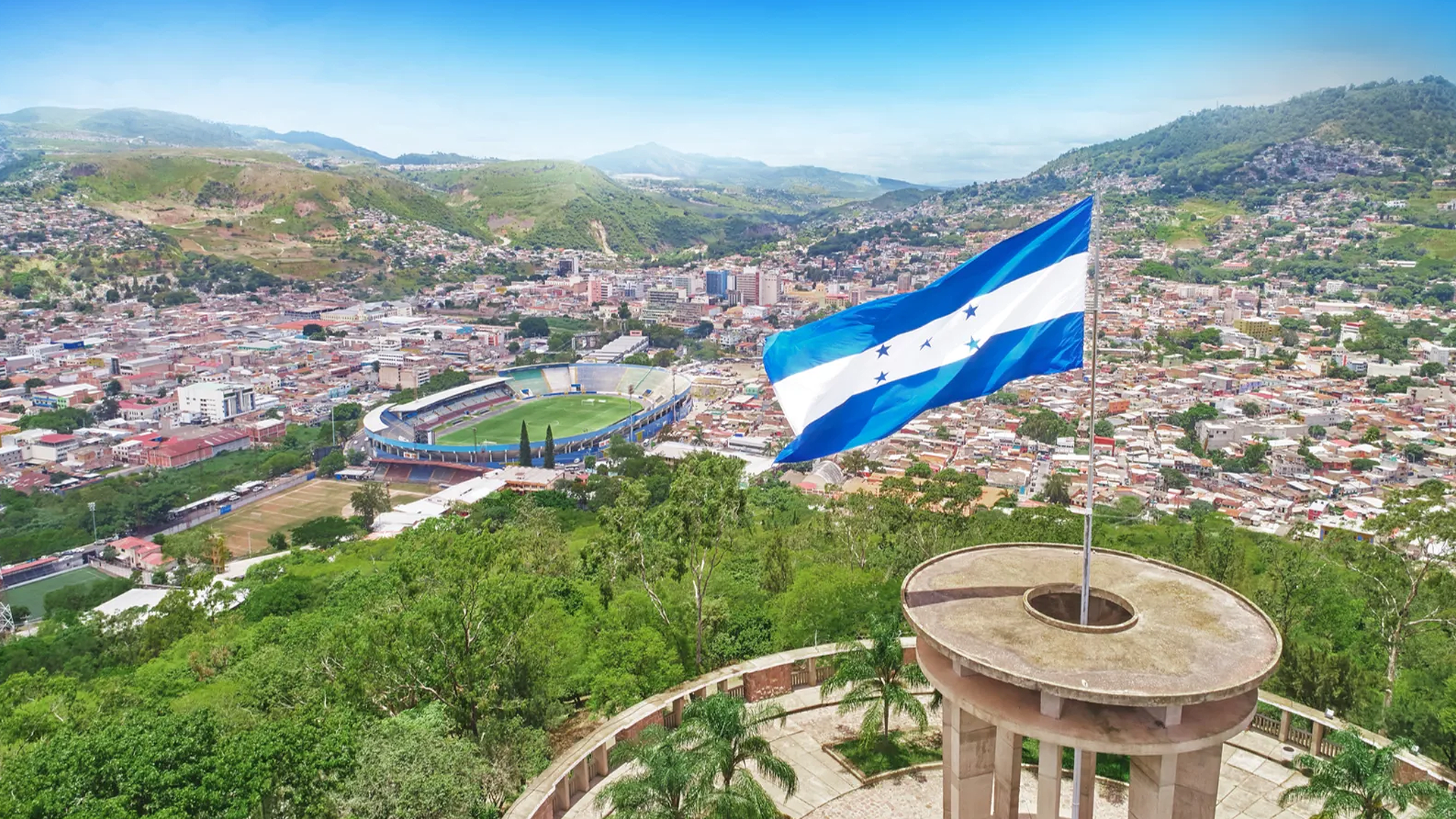In a major win for reproductive rights, Honduras’ first female president has just lifted the country’s near-total ban on the morning-after pill.
Last November, President Xiomara Castro relaxed Honduras’ complete prohibition- the only country in the world with a blanket ban- however only in cases of rape.
The executive order was signed in time to celebrate International Women’s Day and reversed a ban that had been in place since 2009 in the majority Catholic country.
Castro emphasised that this bill was ‘part of women’s reproductive rights, and not abortive,” reflection the strong anti-abortion stance held by many in Honduras.
Hoy, #8M conmemoramos lucha histórica de la mujer, firmando con secretario @DrMatheu144 el Acuerdo Ejecutivo para libre uso y comercialización de la PAE. La Organización Mundial de la Salud (OMS) determinó que es parte de los derechos reproductivos de la mujer y no es abortiva. pic.twitter.com/ELQPTzhfd5
— Xiomara Castro de Zelaya (@XiomaraCastroZ) March 9, 2023
Abortion is illegal in Honduras even in cases of rape or incest, and those convicted could face up to 6 years in prison.
Appeals by human rights groups to overturn this ban have been unsuccessful, despite the 50,000-80,000 clandestine abortions that take place every year in Honduras, according to local women’s rights groups.
The cities of Tegucigalpa and San Pedro Sula saw huge crowds of women on Wednesday marching for reproductive rights, women’s rights and an end to femicides, the rates of which are the highest of all of Latin America and the Caribbean.
This change is incredibly important to reproductive rights, as it gives women more autonomy over their own bodies and can prevent unwanted and potentially dangerous pregnancies.
PAE [Píldora Anticonceptiva de Emergencia] was only available through underground networks, and often very expensive and therefore inaccessible to many.
As a result, it is the “poorest women, in rural areas, and victims of sexual violence are most affected” by the ban.
This legislative landmark is a huge win for reproductive rights and for the success of grassroots campaigns, such as Hablemos Lo Que Es who have launched a social media campaign to improve sex education in Honduras.

















